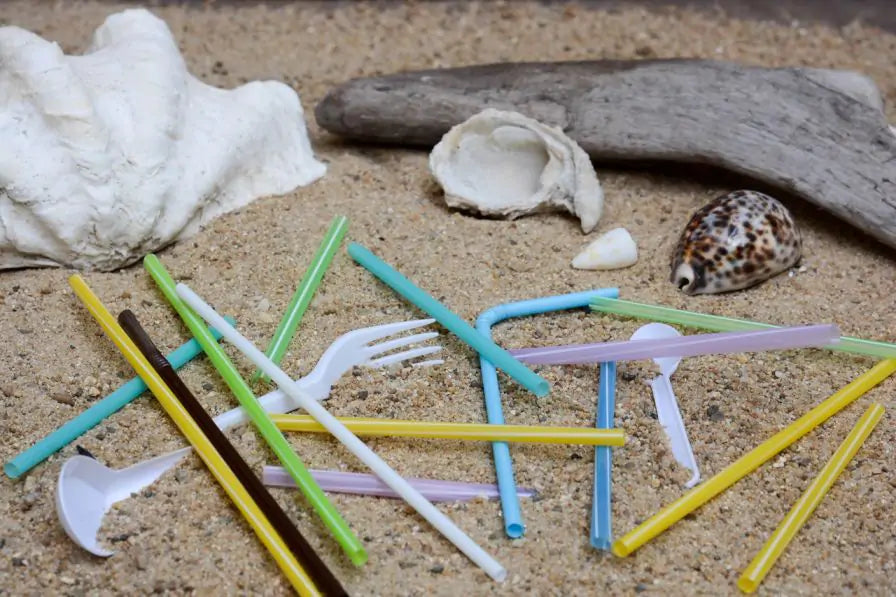OR
Express Checkout

Beach litter rose by 10% last year, and a fifth of the increase was made up of single-use items like cups, bottles, plastic cutlery, sandwich wrappers, and lolly sticks.
For every 100m of beach that was cleaned in the Marine Conservation Society’s Great British Beach Clean, 138 items of food and drink waste were picked up.
What is the remedy?
The Marine Conservation Society is calling for a tax on single-use plastic items like straws, cups, lids, stirrers, and cutlery, to help tackle the problem of plastic litter getting onto our beaches and into the oceans.
The organisation says that the 5p carrier bag charge has had a huge effect on reducing the number of plastic bags that enter the sea, and they believe that if a charge was placed on other single-use items, it might have the same effect.
Beach clean results make for grim reading
The amount of litter picked up during the beach clean rose 10% from last year, with an average of 718 pieces of rubbish being picked up per 100m of beach. In total, 6,944 volunteers cleaned up 399 stretches of coastline as part of the event.
There has been a 27% increase in plastic and polystyrene items since 2008. But it’s not all doom and gloom; there were less plastic bottles, paper cups, plastic cups, and lids than last year.
How to reduce your use of single-use plastics
When you’re shopping
Don’t flush hygiene products down the toilet
Many people flush items like wet wipes, nappies, and cotton buds down the toilet, and they can cause blockages in the sewerage system, or end up in the oceans, where they are ingested by marine life or they end up on our beaches. Some products are misleadingly labelled as being flushable or biodegradable, but flushable only means they won’t block your toilet, and biodegradable means they will take months or even years to break down, and this doesn’t exactly help the sewers.
Use reusable alternatives to plastic
These are simple steps you can take in your everyday life to help reduce the amount of plastic that ends up in our oceans. The health of the ocean is necessary for our health; from the air we breathe, to the climate, and to the food we eat. We need to protect it as much as we can.